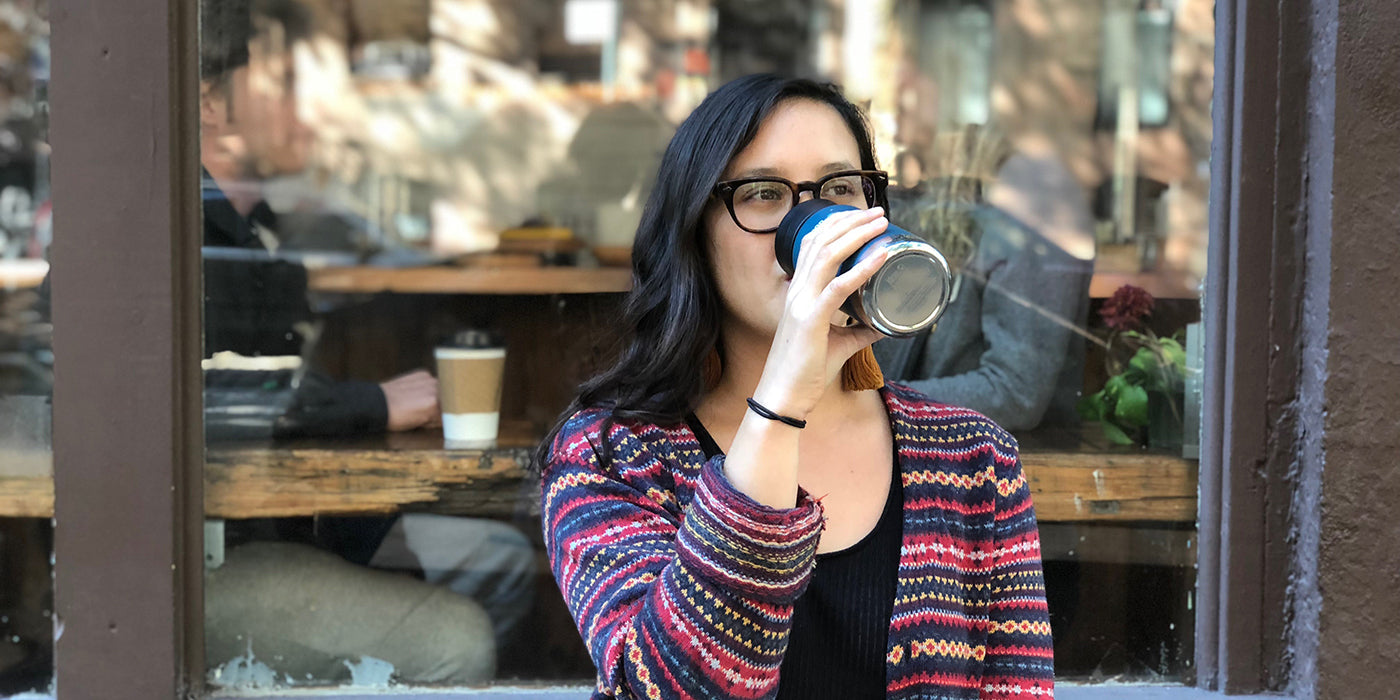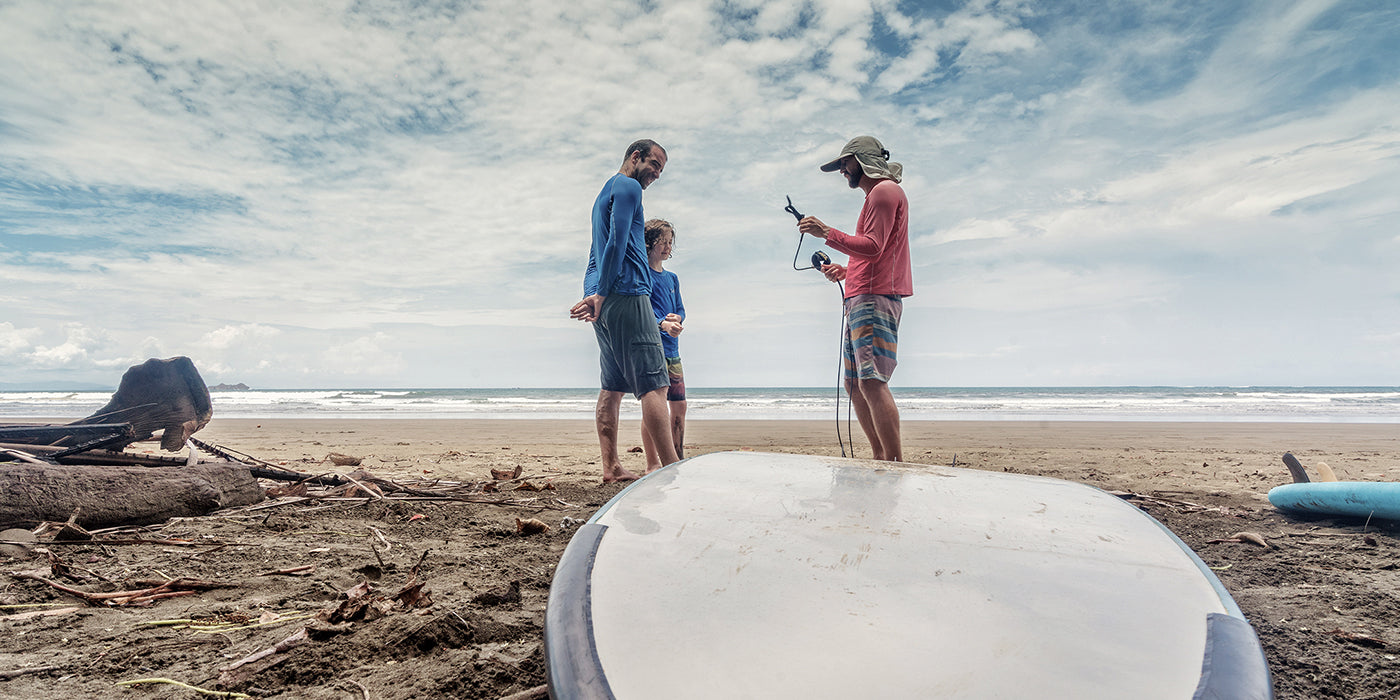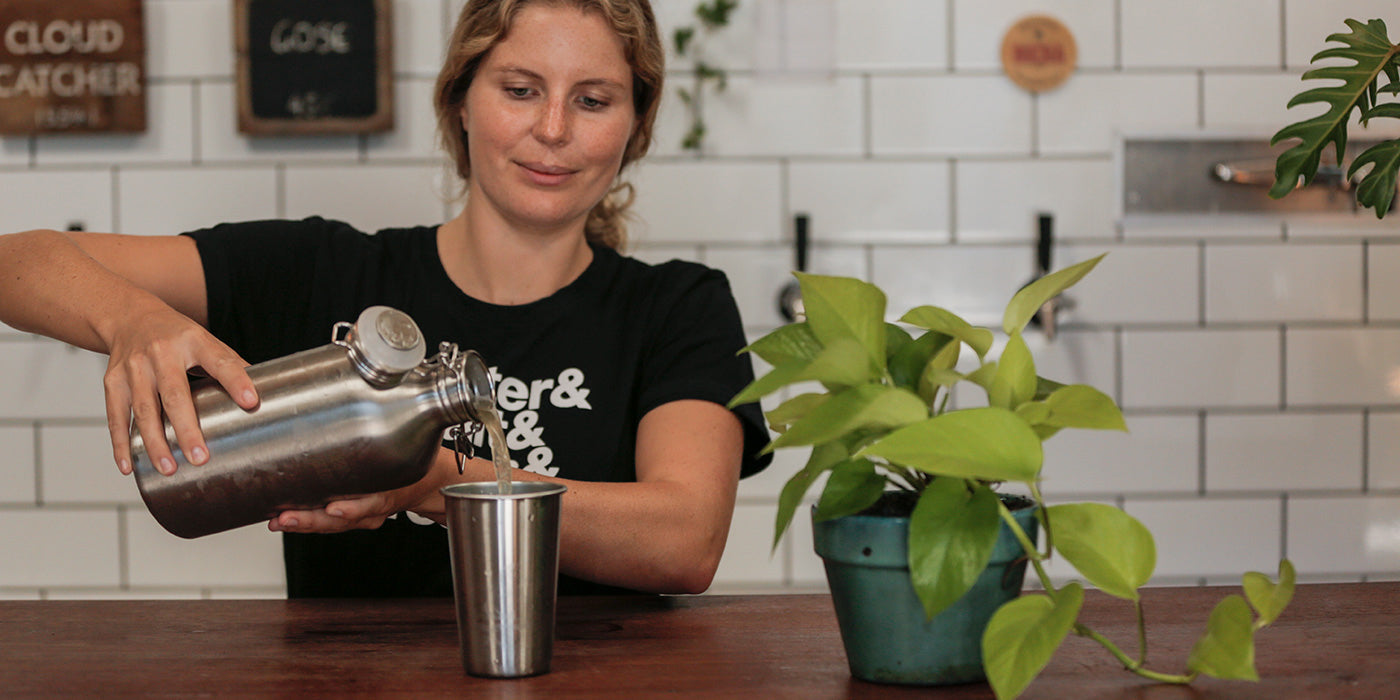
How to Combat Climate Change with Your Morning Coffee
Breakfast, it’s the first and most important meal of the day (or so we hear). Waking up to the smell of freshly brewed coffee and a hearty breakfast is something that humans around the world look forward to and rely on in order to start their day on the right foot - but what we eat at breakfast can impact more than just our next 24 hours.
Daily decisions such as what to eat for breakfast and where to get it can have a massive impact when it comes to climate change and social equality around the world. With over 200 million cups of coffee consumed each day in the United States alone, it’s easy to see how all of that liquid fuel can add up! Popular breakfast items such as coffee, tea, orange juice, eggs, bacon, milk, and oatmeal each go through different systems and processes in order to find their way to our plates, and not all of those supply chains are created equal. That’s why I think that taking a simple action like paying attention to what you eat at breakfast is a great step towards combating climate change.
Let’s start with everyone’s favorite morning ritual; a cup of coffee. As a tropical plant, coffee is confined to being grown close to the equator, where many of the world’s weakest labor and environmental laws exist. Over 25 million small farmers worldwide rely on coffee to make the majority of their income, most of which are contracted to work with the most popular coffee chains.
Instead of contributing to the power of those large corporations, I prefer to visit my neighborhood coffee shop. By bringing my business to a locally-owned operation I am happy to know that I am directly supporting a member of my own community. Besides, the feeling of being welcomed by a familiar face at a local shop is one that can’t be beat by the uniformity of big corporate brands. I love that my neighborhood baristas are excited to see me bring in my own reusable cup and I enjoy nothing more than sitting out on their patio sipping my beverage.
It may seem as if these decisions are miniscule, but making a small switch in a daily routine does make a difference, especially when they are adopted by the masses. Switching from one milk to another is hardly an inconvenience for those who have reliable access to affordable groceries and can create ripple effects across the dairy (or non-dairy) industry. Opting to walk and support a local café over driving to a large chain promotes stronger community ties, and buying fair trade coffee supports small farmers. Sometimes combating climate change is as simple as enjoying a good breakfast!
I also love my go-to coffee shops for the fair trade beans that they brew with. Seeking out a fair trade certified seal when purchasing coffee at the grocery store or grabbing a cup of joe on the go is a great way to improve the impact of my breakfast. Fair trade certification means that I can rest assured my coffee is coming from a farm where workers are treated fairly, paid a living wage, and given the agency to make important decisions for their land and livelihood. I also like to look for coffee that is Rainforest Alliance Certified in order to ensure that my morning pick-me-up is grown and harvested sustainably, without contributing to deforestation.
While many coffee lovers prefer their beverage black, I like to take mine with a bit of milk. I’ve tried a number of different milk options, ranging from half & half cow’s milk to non-dairy almond milk. My favorite by far is oat milk - it’s creamy without being too sweet and mixes beautifully in with hot or cold coffee. Oat milk won my heart not only with it’s yummy flavor but also with it’s light carbon footprint. Oats are an extremely environmentally friendly and resilient crop which requires much less water than almonds or dairy cows. As an added bonus, oats also fix nitrogen into the soil, leaving the land better than it was before.
If I’m not making my coffee at home I try to bring my own reusable cup whenever I can. My Klean Kanteen insulated thermos has kept me caffeinated and warm on countless early winter mornings while my steel pint and reusable straw have enabled me to consume cold brew and iced tea all around the world. As someone who drinks coffee or tea every day I feel good knowing that I’m not contributing 365 more pieces of waste to our landfills, and all it takes is an extra moment to remember to pack my own cup.



About the Author
Faye Lessler is a New York City based, California born advocate for sustainable living, a writer, consultant, and community organizer. Through her blog, Sustaining Life and as Events Coordinator for the Ethical Writers & Creatives, Faye documents her own journey towards sustainable living and encourages the eco-curious to follow in her footsteps. She has extensive experience working with small brands in the fashion, beauty, and lifestyle space and has collaborated with sustainability leaders Eileen Fisher, Patagonia, Thinx, and Pratt Institute.



